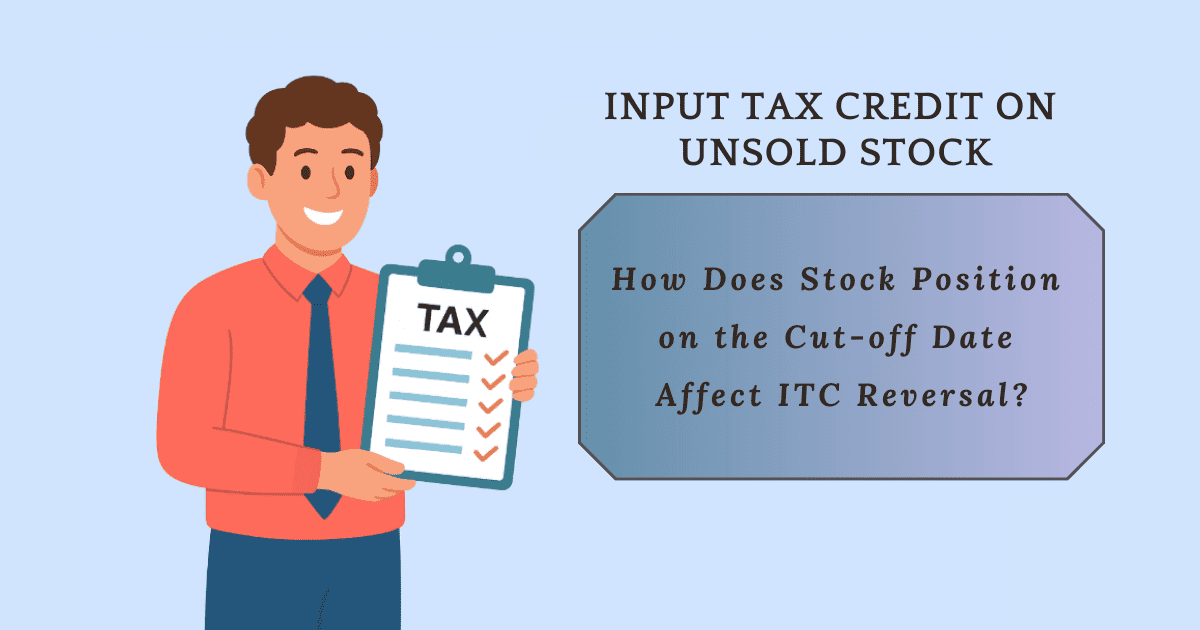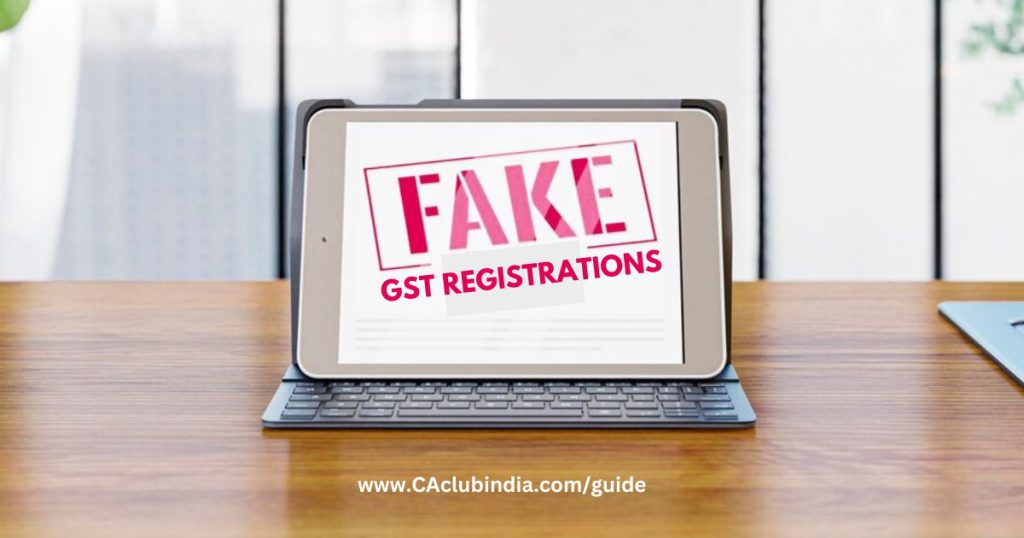Conditions for ITC Reversal
The new rates and exemption provisions will be implemented from 22nd September 2025. Now the question arises whether ITC must be reversed if a product becomes exempt or rate decreases.
If the product remains taxable but lower rate:
- No ITC reversal is required.
- Full ITC already availed can be used.
Example: GST rate from 18% to 5% (still taxable) → you can continue using ITC.
If the product changes from taxable to exempt:
- ITC reversal is required for unsold stock as on the date exemption becomes effective.
- Because Section 17(2) of CGST Act prohibits ITC on exempt supplies.
ITC Reversal for Holding Stocks
If a product changes from taxable to exempt, ITC must be reversed for unsold stock i.e., remaining on until 21st September 2025.
For products which has been sold before 22nd September 2025, ITC reversal is not required where the ITC can be utilized against the outward tax liability.
For Example:
If you have 5,000 units which are taxable and out of which 4,000 sold by 21st September 2025, then no ITC reversal for those 4,000 units. The remaining 1,000 units (now exempt) require ITC reversal from September 22, 2025.
How To Reverse The Amount?
The reversal amount which are equivalent to the ITC on the remaining inputs, must be paid by debiting the credit ledger if balance available or can be made by cash payment if insufficient balance.
This provision is governed by Section 18(4) and Rule 44 of the CGST Act.
ITC Reversal for Capital Goods
Special treatment under Rule 44 of CGST Rules:
If capital goods were purchased for manufacturing a product that subsequently becomes exempt, ITC reversal is also required.
Capital goods for ITC purposes are assumed to have useful life = 5 years i.e., 60 months.
A pro-rata ITC reversal is required, meaning only the ITC that have remaining useful life after the exemption date needs to be reversed.
Example
Suppose capital goods were purchased on 1 April 2024 and claimed ITC of ₹66,000.
- By 21st September 2025, 20 months have expired from April 2024 to September 2025.
- Unexpired period: 60 – 20 = 40 months.
- Reversal Required: 40/60 @ ₹66,000 = ₹44,000.
Conclusion
GST rate changes require businesses to carefully distinguish between goods shifting from a higher rate to a lower taxable rate and goods shifting from taxable to exempt. If the rate merely reduces, no ITC reversal is needed, and full credit remains available. However, if goods become exempt, ITC on closing stock and proportionate ITC on capital goods must be reversed as per Section 18(4) and Rule 44 of the CGST Rules. Proper stock records, timely reversal in returns, and compliance with pro-rata calculations are essential to avoid penalties and ensure smooth GST management.
Click Here For Frequently Asked Questions (FAQs) on the decisions of the 56th GST Council.


